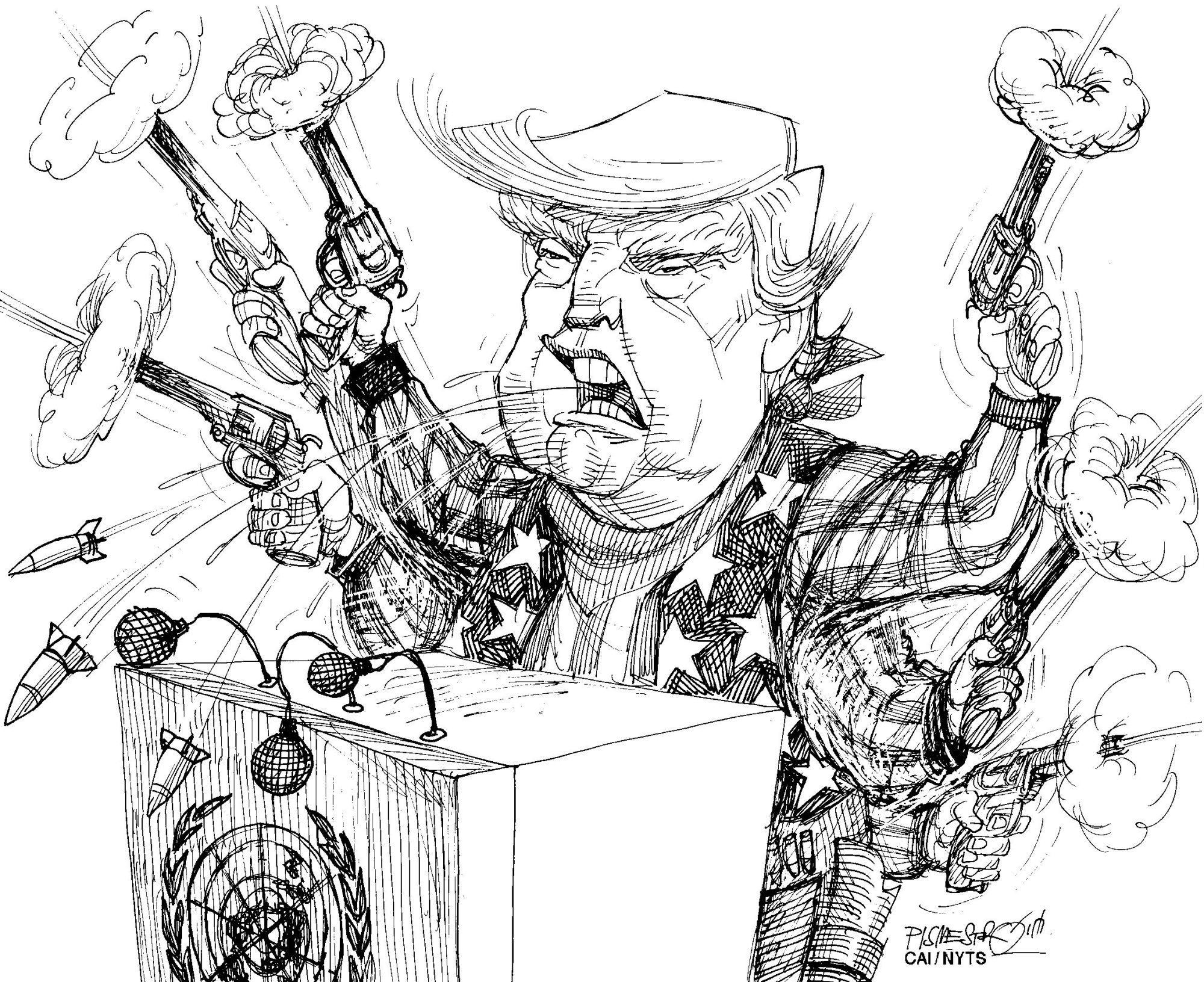In an era of divisive social media and partisan "fake news," the notion that "actions speak louder than words" is no longer true. As we are rediscovering, words are both powerful and problematic, particularly in the context of geopolitics. The recent United Nations General Assembly meeting in New York offered the latest reminder that in diplomacy, words still matter.
Much attention has been drawn to U.S. President Donald Trump's remark that the United States "will have no choice but to totally destroy North Korea" should North Korea threaten it or its allies. In fact, most military experts agree that a kinetic war on the Korean Peninsula would annihilate the North and possibly the South along with it.
But other parts of Trump's U.N. speech, especially its passages about national interests and sovereignty, require further reflection. Trump makes no secret of his desire to "put America first," and he reiterated that pledge at the U.N. dais. But he also urged other leaders to put their countries first, too. "To overcome the perils of the present and to achieve the promise of the future, we must begin with the wisdom of the past," he said. "Our success depends on a coalition of strong and independent nations that embrace their sovereignty to promote security, prosperity and peace for themselves and for the world."



















With your current subscription plan you can comment on stories. However, before writing your first comment, please create a display name in the Profile section of your subscriber account page.